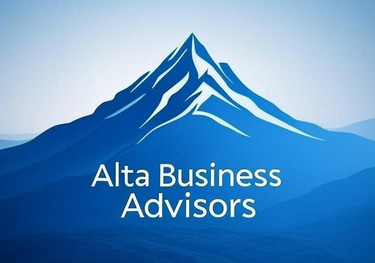Business broker for HVAC, Plumbing & Electrical — Free Calculator | $500 Valuation | Book Call | Call (801) 554-1050
Main Street HVAC & Plumbing Due Diligence Checklist
Buying a plumbing or HVAC business is a significant financial commitment, and it’s crucial to ensure you’re making a sound investment. Due diligence is a vital process that helps you evaluate the financial, legal, operational, and market-related aspects of a business. By conducting thorough due diligence, you can avoid any unexpected surprises after the purchase, minimize risks, and ensure the business aligns with your goals. In this blog post, we’ll walk you through a comprehensive due diligence checklist to guide you through the process of buying a plumbing or HVAC business. This will help you ensure the business is financially healthy, legally sound, and operationally effective.
HVAC
RM
7/23/20251 min read


Contact Alta Business Advisors
111 S Main St., # 2200,
Salt Lake City, UT 84111
801-554-1050
© 2025. All rights reserved.
